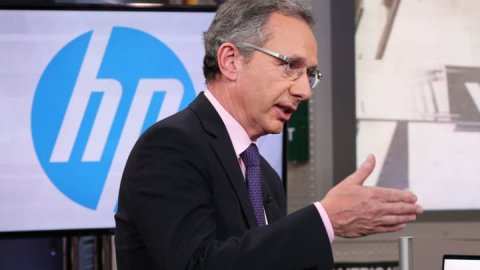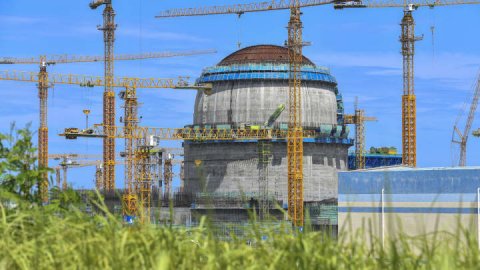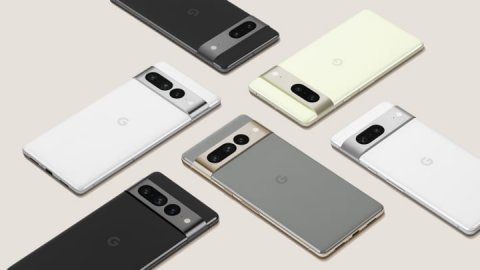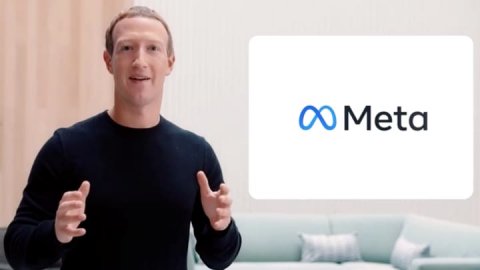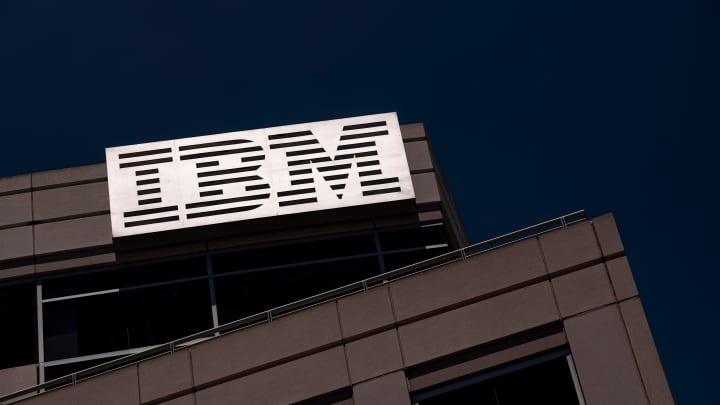
White-collar jobs will be among the first to be impacted by artificial intelligence, chairman and CEO Arvind Krishna told CNBC in an exclusive interview aired on Tuesday.
He told CNBC's " " generative AI and large language models have the potential to "make every enterprise process more productive."
"That means you can get the same work done with fewer people. That's just the nature of productivity. I actually believe that the first set of roles that will get impacted are — what I call — back office, white-collar work," said Krishna.
He added that there is "a disinflation in the demographics" leading to a decline in the size of the working age population. "So you need to get productivity, otherwise quality of life is going to fall. And AI, I think, is the only answer we got."
A boom in demand for AI-powered chatbots like OpenAI's ChatGPT has led to a flurry of companies trying to launch their own large-language models.
IBM was an early mover in AI, investing in and developing its own platform well before the ChatGPT hype. From 2004 to 2011, IBM worked on a supercomputer called Watson. That strategy dovetailed with a move away from computer hardware, especially after it sold its personal computer division to Lenovo in 2005.
In May, , an AI building tool that allows clients to build, train and deploy machine learning models. It came about 15 months after IBM sold its data and analytics unit Watson Health following years of unprofitability.
That same month, Bloomberg reported that for roles it thinks could be replaced with AI. That's about 7,800 jobs in departments such as human resources that could be done with AI and automation, Krishna said at that time. In January, CNBC confirmed IBM was .
IBM and its wholly owned subsidiaries employ 288,300 employees across more than 175 countries, the firm said in its .
"So what I said was, we are not going to backfill those [white-collar] roles for the next five years. But you get digital labor or AI bots, augmenting and working alongside their fellow humans doing that work. So that is where the 7,800 [number] came from," Krishna told CNBC's Martin Soong.
"It's absolutely not displacing — it's augmenting. The more labor we got, especially if it's not human based at all, we can create more GDP. We should all feel better about it," said Krishna.
In an interview with CNBC in May, Krishna said .
made a similar comment in June, saying although AI could disrupt the labor market, it won't kill jobs completely. He added that technology could even make humans more productive and create more jobs.
Krishna joined IBM in 1990, and has been chairman since January 2021. on the morning he took over as CEO, Krishna said he will focus on AI and hybrid cloud as key technologies for the future.
During the firm's second-quarter earnings call in July, in IT operations, improved automation, customer service, augmenting HR and more. During the quarter, data and artificial intelligence products were the fastest growing part of IBM's software business, its largest division.
Krishna mentioned how Watson beat humans on "Jeopardy!" in 2011 and said it was an example of "hundreds of thousands of people and a lot of trained PhDs" being deployed to "create one model to do one thing."
"With large-language models, you use a lot of data, but no labeling. So very few people to produce a map model. And now every weekend, you can create a new instance for a new task. That means your cost of a model for a task has come down by almost 100 times," said Krishna.
"That is amazing. And that is what gives us confidence that this is the moment to go commercialize and modify."

